Teach your students about balanced and unbalanced forces with this printable mini-book perfect for 6th grade science lessons.
Explore Balanced and Unbalanced Forces
By 6th grade, our students understand that a force is a push or a pull that acts on an object. What they may not yet know is that forces have both strength and direction, that force is measured in a unit called “newtons,” and that the forces acting upon an object can affect its motion in different ways. That’s a lot of new information to absorb and remember!
This mini-book about the concept of balanced and unbalanced forces has been designed by our experienced teacher team to help your students learn about this physics concept. Written in age-appropriate language and accompanied by relevant visuals to support understanding, you’ll want every student in your class to have a copy of this valuable science resource!
The pages of this balanced and unbalanced forces mini-book include:
- Title page
- KWL activity
- Measuring a force
- It all adds up
- Balanced forces
- Unbalanced forces
- Can forces be seen?
This balanced and unbalanced forces mini-book also contains three ‘Check for Understanding’ activities to help you assess whether your students are grasping the ideas presented. These include:
- Show What You Know (3 x quiz questions)
- Identifying Unbalanced Forces
- Vocabulary Matching
This resource downloads as a black-and-white PDF or an editable Google Slides document.
Students can keep their mini-book on hand as a reference as they work through their unit on balanced and unbalanced forces.
Using This Mini-Book in Your Forces Lessons
If you’re keen on some ideas as to how you might implement this balanced and unbalanced forces mini-book in your classroom, read on below for one experienced teacher’s suggestion:
- Introduction (Whole Class) – Begin with a brief discussion about balanced and unbalanced forces and introduce the mini-book as a resource to deepen understanding. Highlight key vocabulary and concepts, such as magnitude, newtons and net force.
- Guided Reading (Small Groups) – Divide the class into small groups based on reading levels or learning needs. Guide each group through the mini-book, facilitating discussions and addressing questions to ensure comprehension.
- Interactive Reading (Individual) – Allow students to explore the mini-book individually. Provide time for them to absorb the information at their own pace and to complete the ‘Check for Understanding’ tasks. You could also encourage annotation or note-taking for better retention.
- Application (Whole Class) – Engage the class in discussions about real-world examples mentioned in the mini-book. Connect the concepts to everyday experiences, encouraging students to share their thoughts and observations.
How to Create This Forces Mini-Book
Use the dropdown menu on the Download button above to access either the quick-print PDF or the editable Google Slides version of this resource. (Note: You will be prompted to make a copy of the Google Slides template before accessing it.)
This resource contains five Letter-sized pages. Each page includes two mini-book pages (10 pages in total). To assemble the mini-book, follow these simple steps.
- Print out the resource. Create copies as required.
- Cut each page along the dotted line.
- Compile the pages in order.
- Staple the pages along the left-side margin to create a booklet.
- Distribute to the students.
Your students will love adding their own personal touches to this mini-book while learning about balanced and unbalanced forces.
This resource was created by David Steffes, a teacher in California and a Teach Starter collaborator.
More Forces Resources at Your Fingertips!
Looking for more time-saving resources to use when exploring forces with your students? Click below for some great teacher-created, curriculum-aligned options!
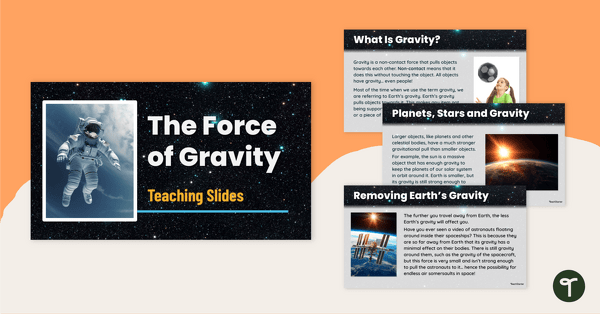
teaching resource
The Force of Gravity Teaching Slides
Teach your students facts about gravity with this comprehensive and age-appropriate teaching presentation for elementary school science lessons.
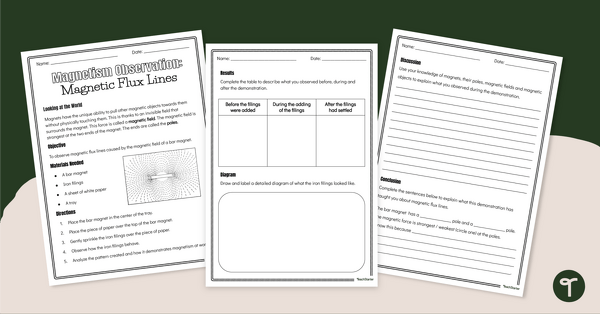
teaching resource
Magnet Experiment – Magnetic Flux Lines
Use this engaging magnet experiment when teaching your students about magnetic fields and their effect on magnetic objects.
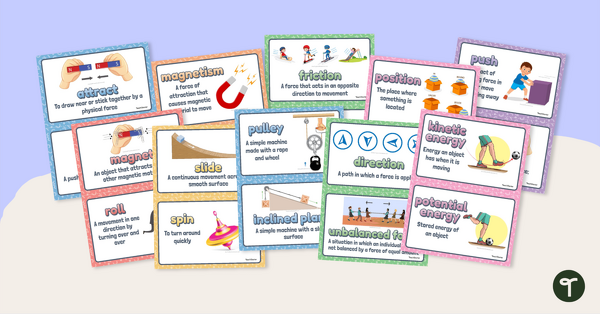
teaching resource
Force and Motion Vocabulary Posters
Display this set of 22 mini-posters in your classroom when learning about force and motion vocabulary.
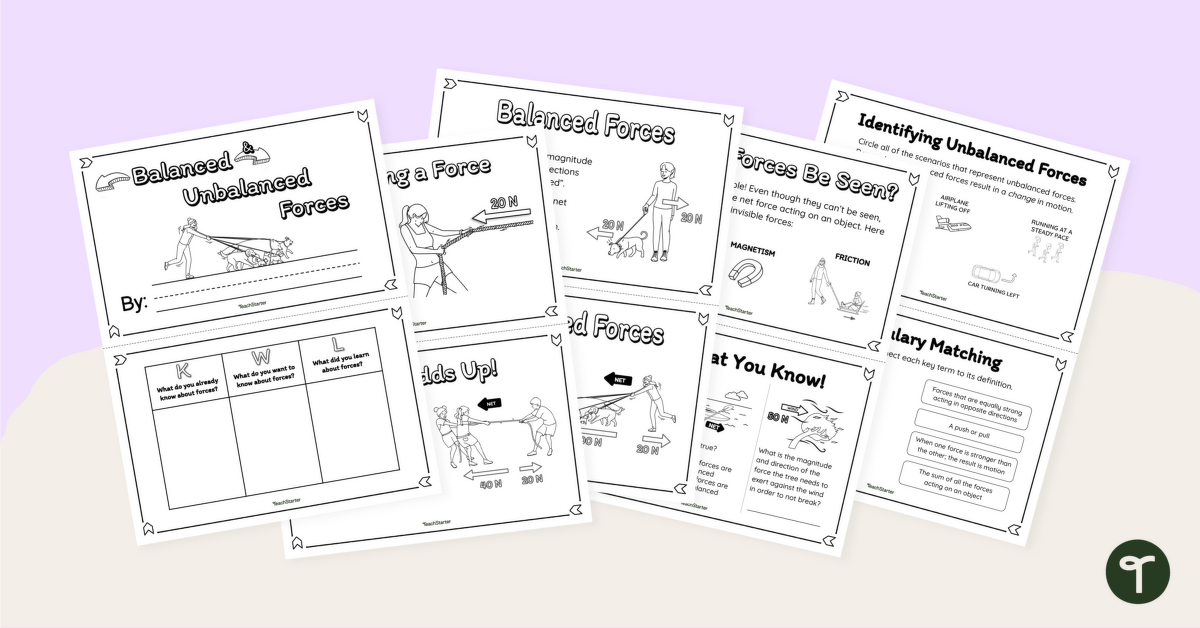

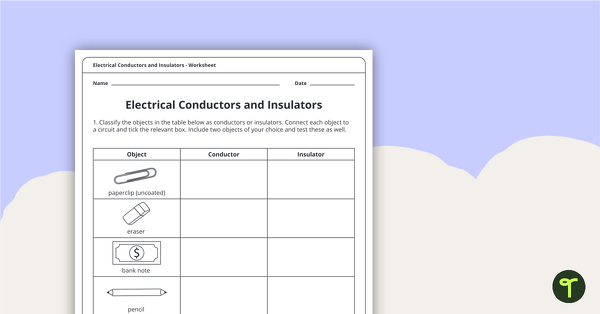
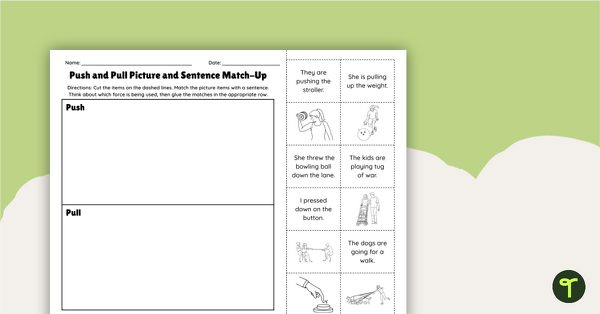
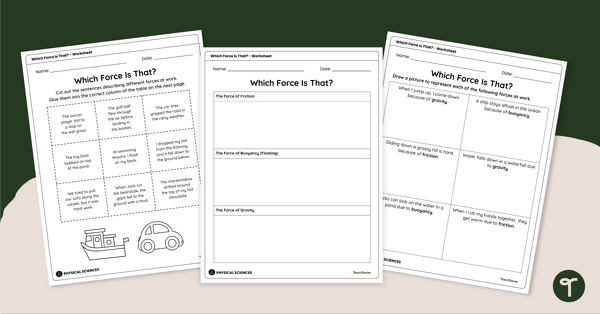
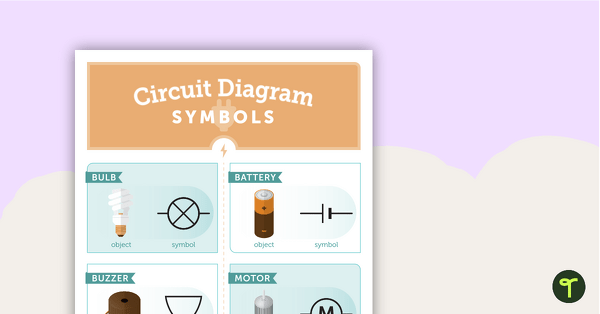
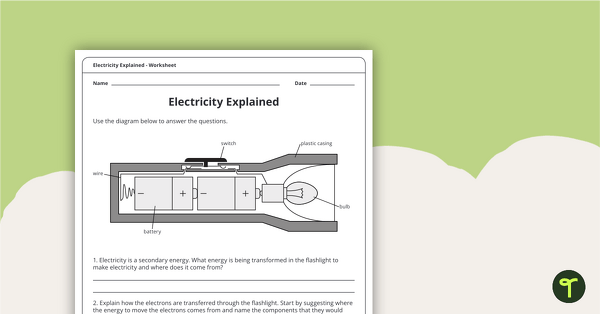
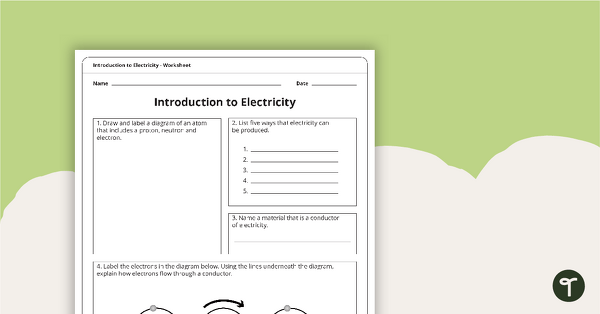
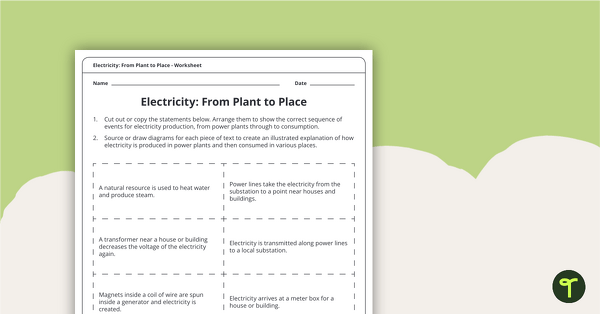

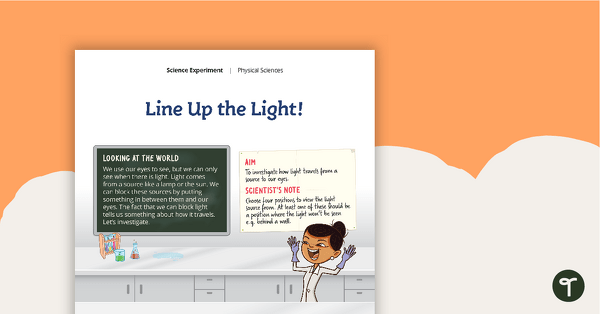
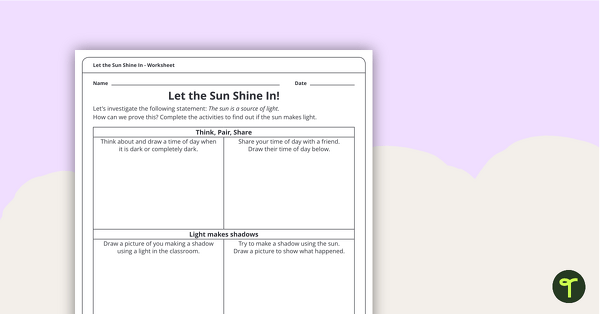
0 Comments
Write a review to help other teachers and parents like yourself. If you'd like to request a change to this resource, or report an error, select the corresponding tab above.